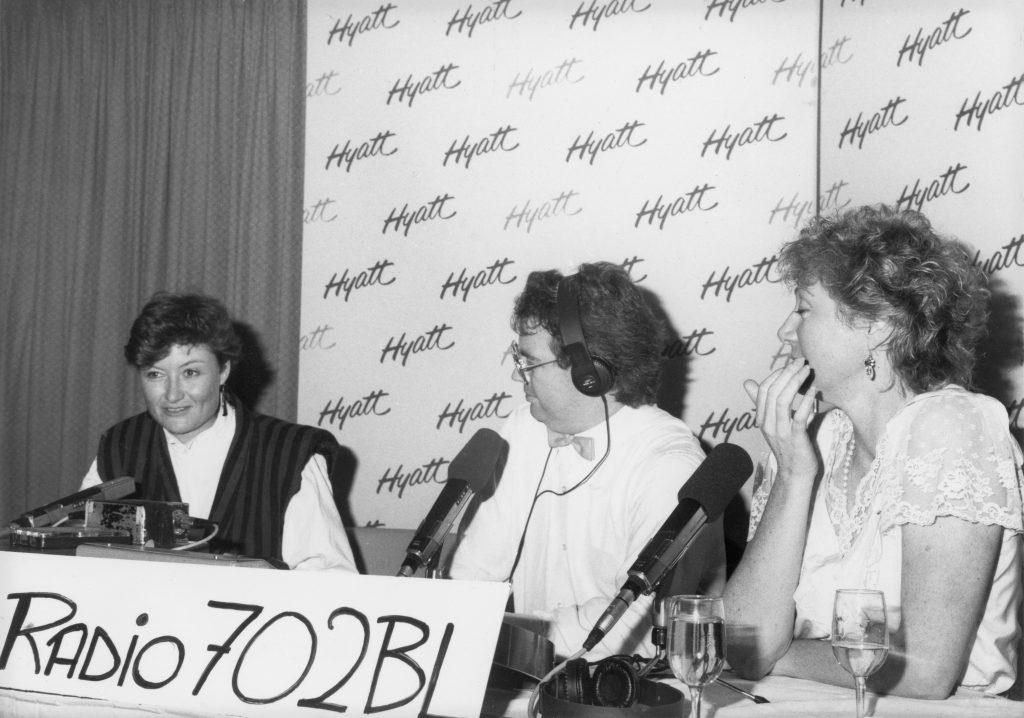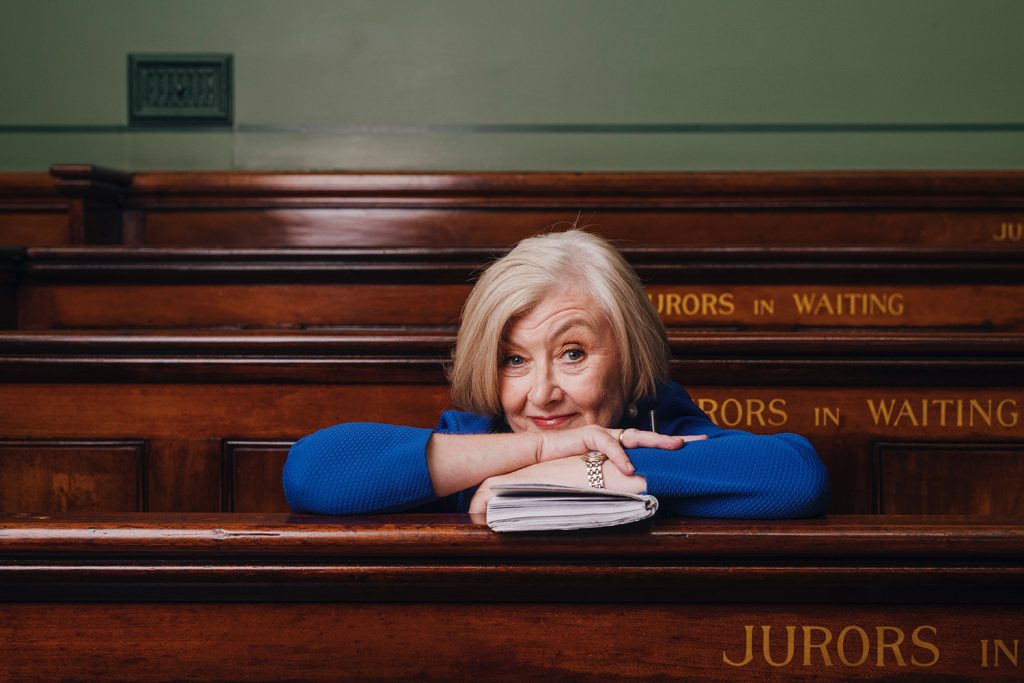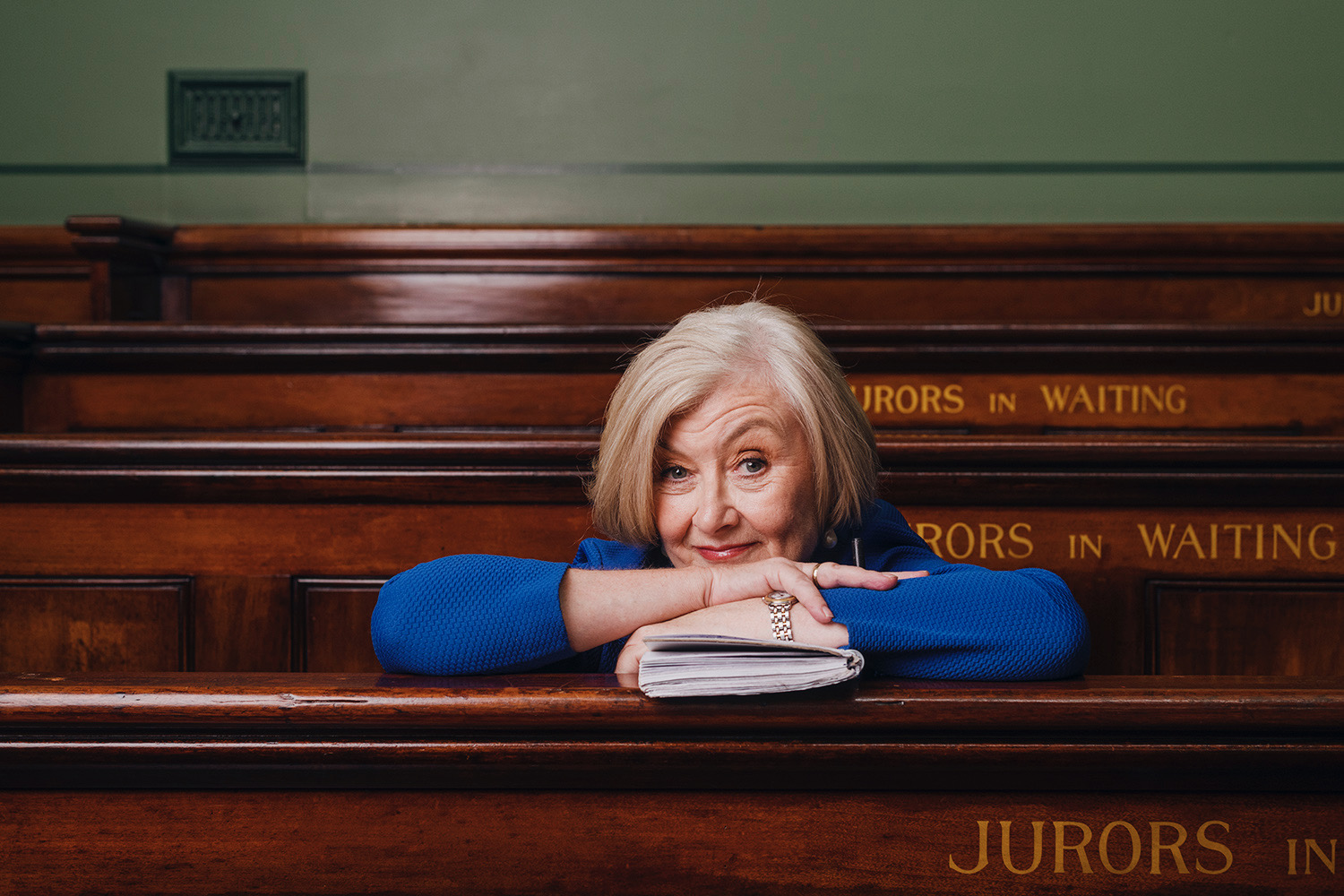
It’s hard to imagine there is anything worse in the life of a journalist than receiving death threats, but nine-time Walkley award winner Kate McClymont AM, renowned for, amongst many other investigations, her coverage of corrupt former Labor MP Eddie Obeid, says an innocuous envelope is far more traumatic.
“On the eve of a big story breaking, I’m anxious and I can’t sleep,” she says. “If that legal envelope arrives, I know I’m going to be caught up in a whirlpool of horror for months. Going to court is like torture, your words are twisted to imply something so far from what you originally meant. Even the idea of it means that, even after a story breaks, I very rarely feel triumph or relaxation.”
McClymont grew up on the family farm near Orange, where her father practised briefly as a vet before taking over the running of the farm, and her mother was chief pharmacist at the local hospital. Becoming one of Australia’s premier investigative journalists might not have seemed an obvious career path, except that, she says: “I grew up with a strong sense of injustice, and my parents had that as well.
“It really affected me after we lost the Obeid defamation trial in 2006. It took me about six months to write about him again, then he’d complain, he’d trash-talk me in Parliament, but I just kept going. The day he went to jail, I cried. I’d been covering him all those years, and finally I’d got him.” (In fact, Obeid went to jail not once, but twice, thanks to McClymont’s investigations.)
McClymont’s tenacious skills were initially honed outside the journalism arena. “Talking has always been one of my great strengths,” she says. “When I moved to Sydney in the late 70s, I created a ‘talking’ busking booth in the Cross. I got some cloth, two curtain rods, and I wrote in texta: ‘Questions answered 40 cents. Arguments 50 cents. Verbal abuse $1.’ I had a desk to separate me from my clients, and I would sit there on Saturday nights, while people wandered up and down.
“It was a win/win situation, because if someone asked me a question I couldn’t possibly know the answer to, like, ‘Who’s going to win the 5th at Port Macquarie?’ I’d just make up an answer, and if they said, ‘I don’t think that’s right,’ then they’d have to pay for an argument. I used to make around $17 an hour, which is about $70 an hour these days. Not bad money, and it was very successful.”

Although McClymont says that she stumbled into journalism by accident, it was obvious from the moment she was selected as one of only 30 trainee journalists from 1200 applicants that she’d found her calling. Her investigations into television star Don Burke’s serious misconduct, neurosurgeon Charlie Teo’s unethical treatment of his patients, the NRL salary cap scandal, and her Walkley-nominated podcast, Liar Liar, about fraudster Melissa Caddick (which has been downloaded more than five million times) are just a handful of the extraordinary reports she has produced over the past three decades. As the late Ben Hills once wrote of McClymont: “If a journalist’s job is to comfort the afflicted and afflict the comfortable, you can judge her success by the virulence of her victims.”
The calibre of her work has led to her being one of only 200 journalists inducted into the Australian Media Hall of Fame. “I’ve loved journalism from the first day,” she says. “It’s like being an amateur detective.”
It’s a slight sadness to McClymont that none of her three children have chosen to go into journalism, although her son, Jack, has recently decided he wants to write fiction. Nevertheless, she says: “I’m blessed to have family around me. I now have two grandchildren, and I still love going to work every day.”


